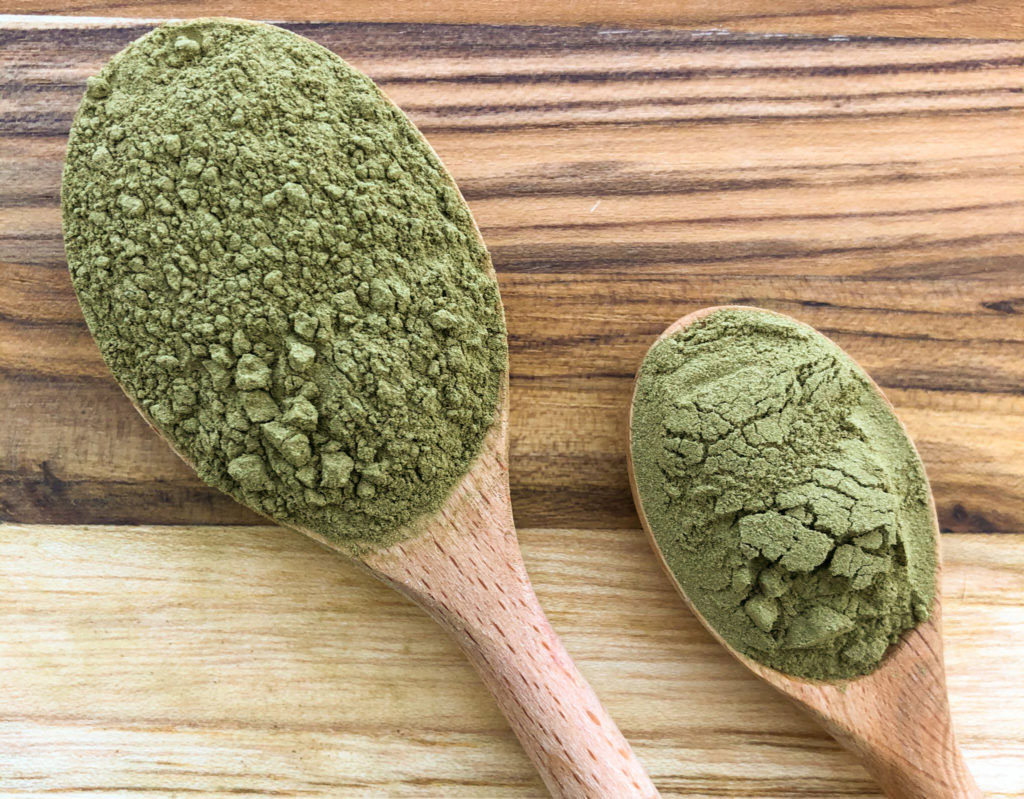Kratom and the Immune System – Stay Healthy During Cold and Flu Season
Kratom, a tropical tree indigenous to Southeast Asia, has gained attention for its potential benefits in supporting the immune system, especially during cold and flu season. This herb, scientifically known as Mitragyna speciosa, has been traditionally used for centuries in countries like Thailand and Indonesia for its stimulating and analgesic properties. While kratom’s effects on the immune system are still a subject of ongoing research, its active compounds, mitragynine and 7-hydroxymitragynine, have shown promising potential in influencing immune responses. One of the key ways kratom might contribute to immune health is through its impact on inflammation. Chronic inflammation is a common underlying factor in many health issues, including weakened immune responses. Kratom’s alkaloids have been observed to exhibit anti-inflammatory effects, which could help in reducing inflammation and potentially improving overall immune function. By mitigating inflammation, kratom may help the body maintain a more balanced immune system, potentially reducing susceptibility to infections such as colds and the flu.

Additionally, kratom’s impact on mood and stress management could indirectly benefit immune health. Stress is known to negatively affect the immune system, making the body more vulnerable to infections. Kratom is sometimes used for its mood-enhancing properties, which may help in managing stress and promoting a sense of well-being. A more balanced mood and reduced stress levels could contribute to a stronger immune system, as the body would be less likely to experience the immunosuppressive effects of chronic stress. Moreover, kratom has been noted for its potential to support energy levels and overall vitality. During cold and flu season, maintaining high energy levels can be crucial for staying active and supporting the immune system’s natural defenses. Kratom’s stimulating effects, at moderate doses, might help in sustaining energy and motivation, which could be beneficial for individuals aiming to stay active and engaged in healthy practices that bolster immune function, such as regular exercise and proper nutrition.
Despite these potential benefits, it is important to approach kratom with caution. The herb’s effects can vary based on dosage, strain, and individual response best kratom for energy, and there is limited clinical research on its safety and efficacy. Furthermore, kratom’s legal status varies by region, and it is important to be aware of local regulations and potential side effects. Users should consult healthcare professionals before incorporating kratom into their wellness routines, especially if they have underlying health conditions or are taking other medications. In summary, while kratom may offer potential benefits for supporting immune health during cold and flu season through its anti-inflammatory properties, stress reduction, and energy support, it is essential to use it responsibly and with a clear understanding of its effects. Continued research is needed to fully elucidate kratom’s impact on the immune system, but it remains a subject of interest for those seeking natural approaches to enhance their health during vulnerable times of the year.
